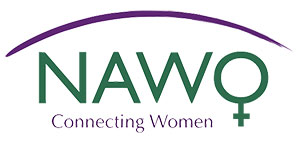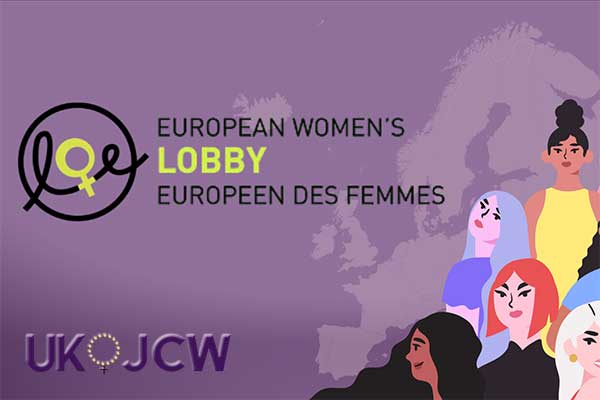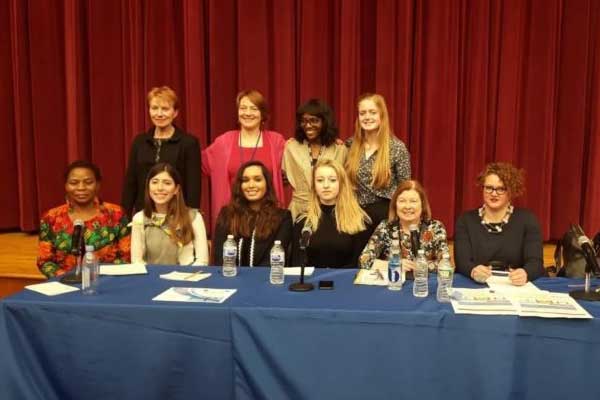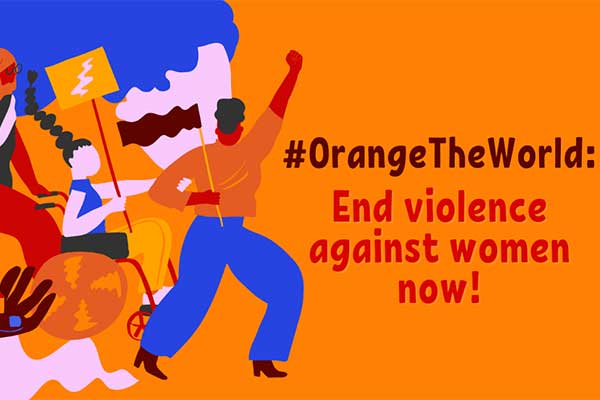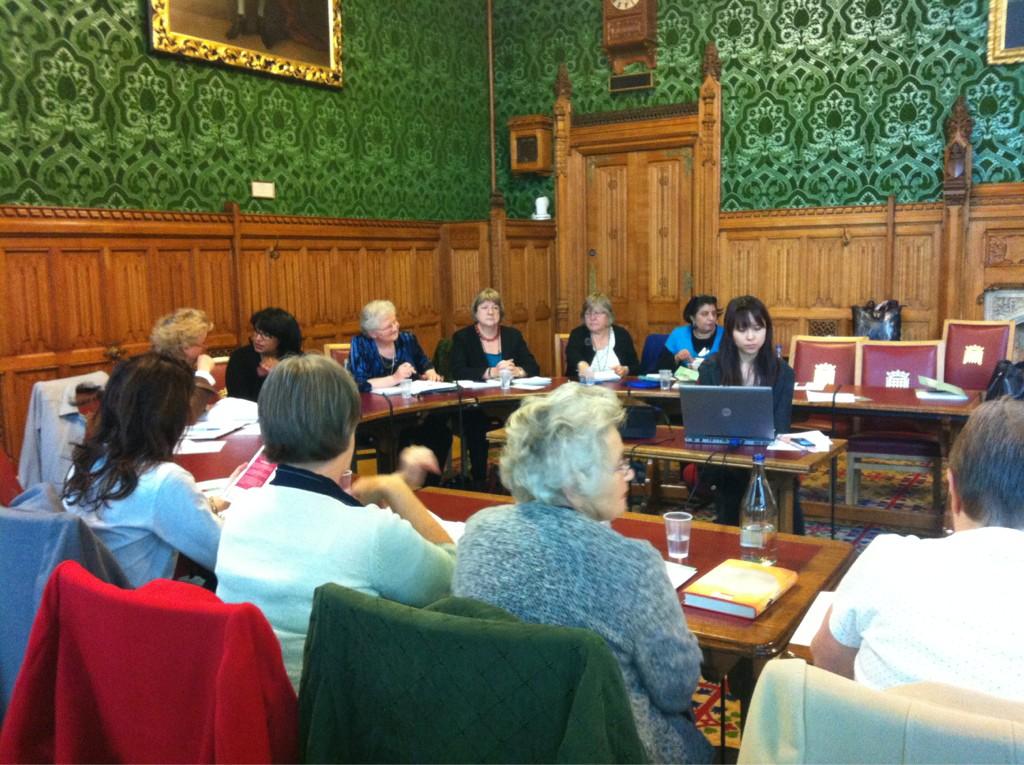
“What rights do rural women share?”- A Summary
On the 15th October, 2012, NAWO and ACWW hosted the unique event, “What rights do rural women share?” in the House of Lords, Westminster. Here, I will briefly give details of the topics of discussion regarding the rights of rural women covered.
According to many organisations, there are a number of factors that contribute to the lessening of rights of rural women in the United Kingdom. The main cause was seen as a lack of infrastructure and services such as dwindling public transport in rural areas and the closure of libraries and Post Offices. This results in rural women feeling increasingly isolated and both mentally and physically alone. Added on to that is the closure of many food shops thanks to the rise of Internet shopping; this has taken away for some their only means of socialising and so it is even harder for rural women to feel connected.
Beyond this, rural women’s rights suffer due to the fact that most rural areas have conservative mind-sets and so tend to be male-dominated. This leads to the stereotype of rural women as being simply complementary farmer’s wives. Despite this negative image of rural women, 90% of farm diversification is done by women, yet there are very poorly paid and given the fact that they are women there are even less opportunities for them in business. It can also make women more reticent to claim a voice and confidence. Due to this, it is vital that women’s groups, bus services and healthcare are maintained as much as possible in rural areas. It is also of paramount importance to establish links through which women of ethnic minorities can integrate themselves in to rural lives.
On a more global scale, 70% of farmers in rural countries are women. However, they are badly paid, and economic and climate issues complicate matters further. According to Jo Ellen Almond, education, teaching and training is what is needed to advance the lives of the world’s rural women. If education is granted to these women, then they will also be granted self-esteem, identity, independence and self-worth. It is important to note, however, that Western (well-meaning) groups tend to tell rural women what they want as opposed to listening to them- “speak with me instead of about me” is what one rural woman said to Jo Ellen Almond.
The event finished by talking about CSW and the total lack of exposure in the media. How can we get CWS in to the media? As ex-journalists from the Floor pointed out, a newspaper needs a story to sell, and as there is the feeling that we have gone backwards since the Beijing Platform for Action, there is the feeling that there is no story.
This was a very thought-provoking event which created as many questions as it answered! Thank you very much to ACWW for their great work and collaboration in organising and executing this fascinating discussion.
RW
